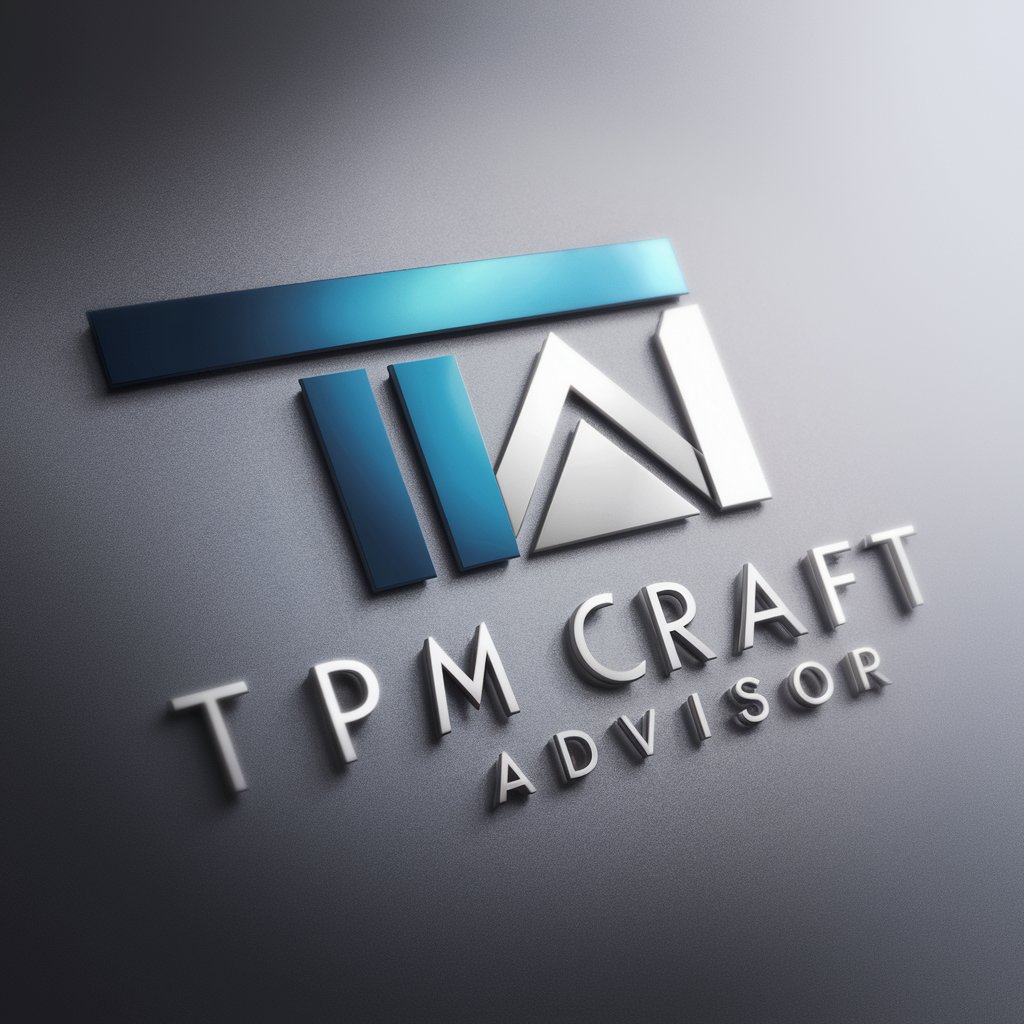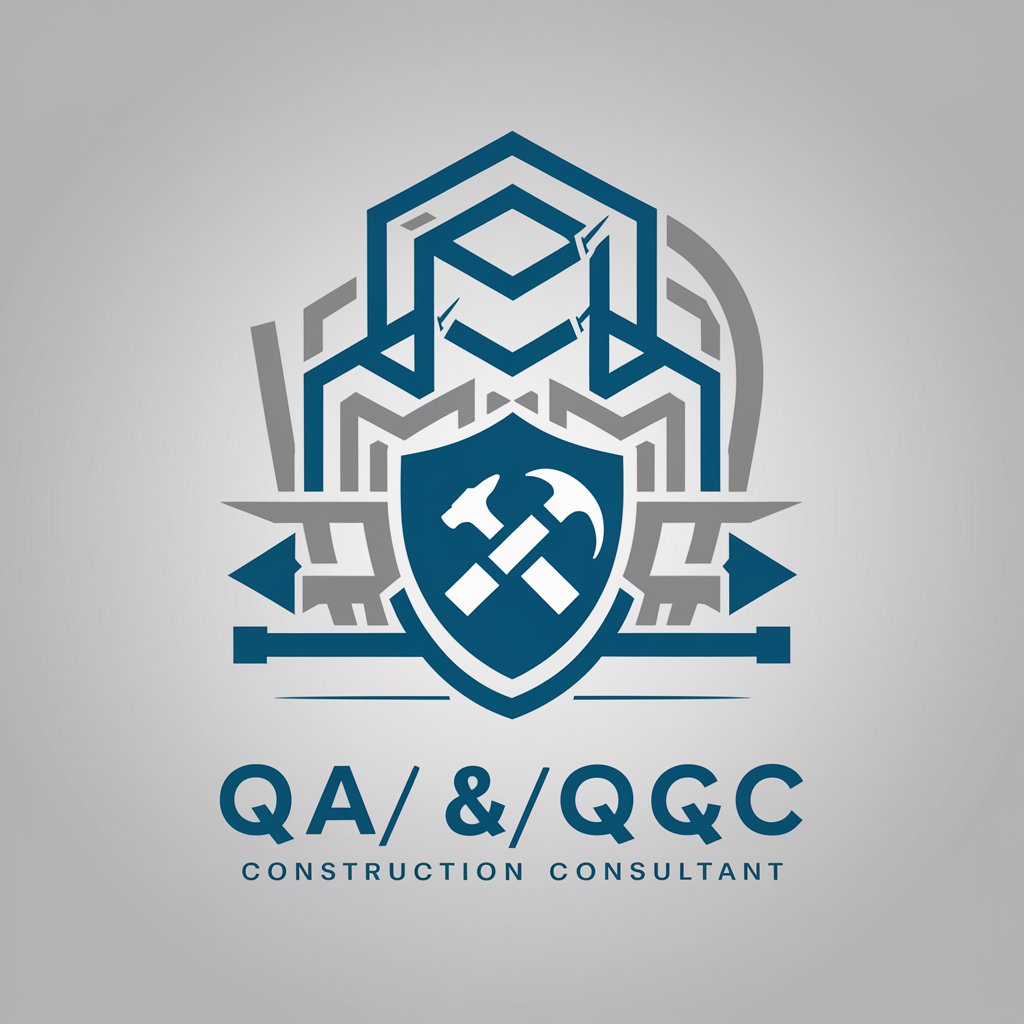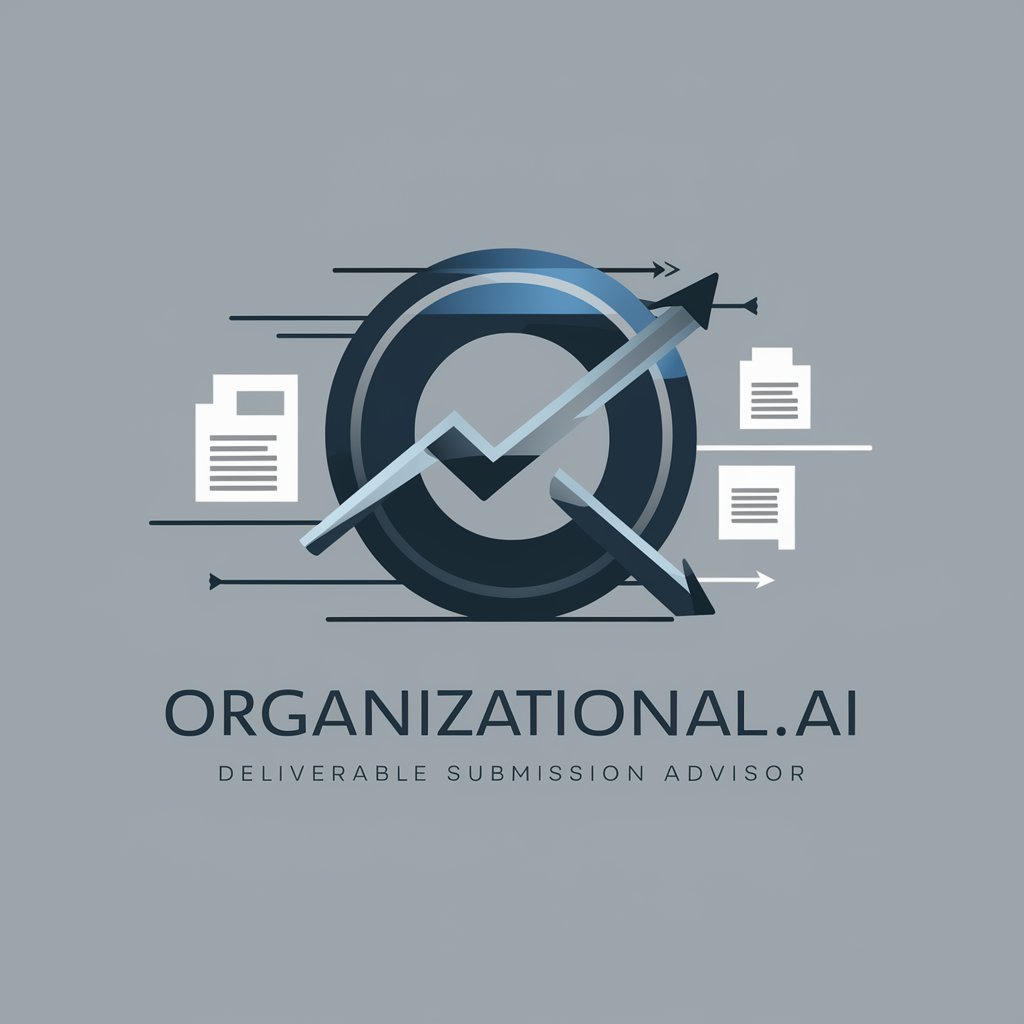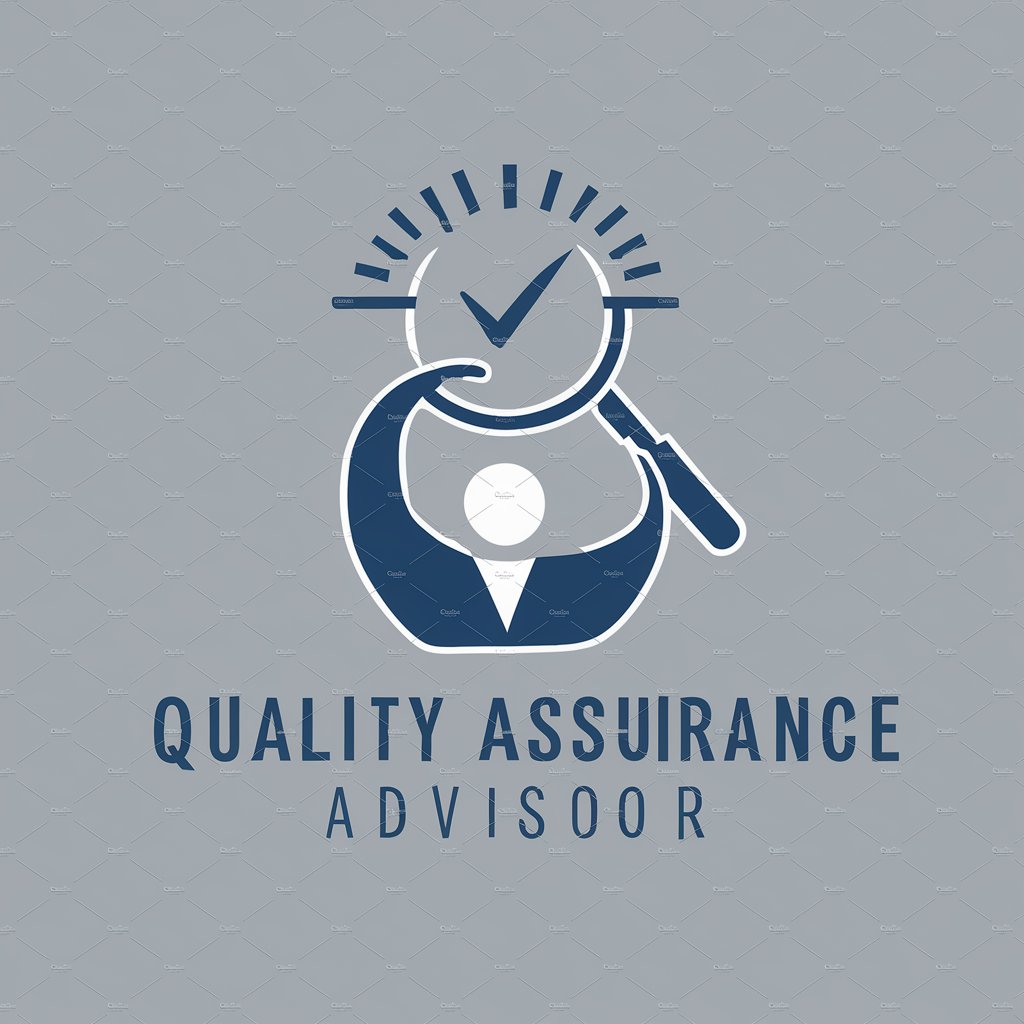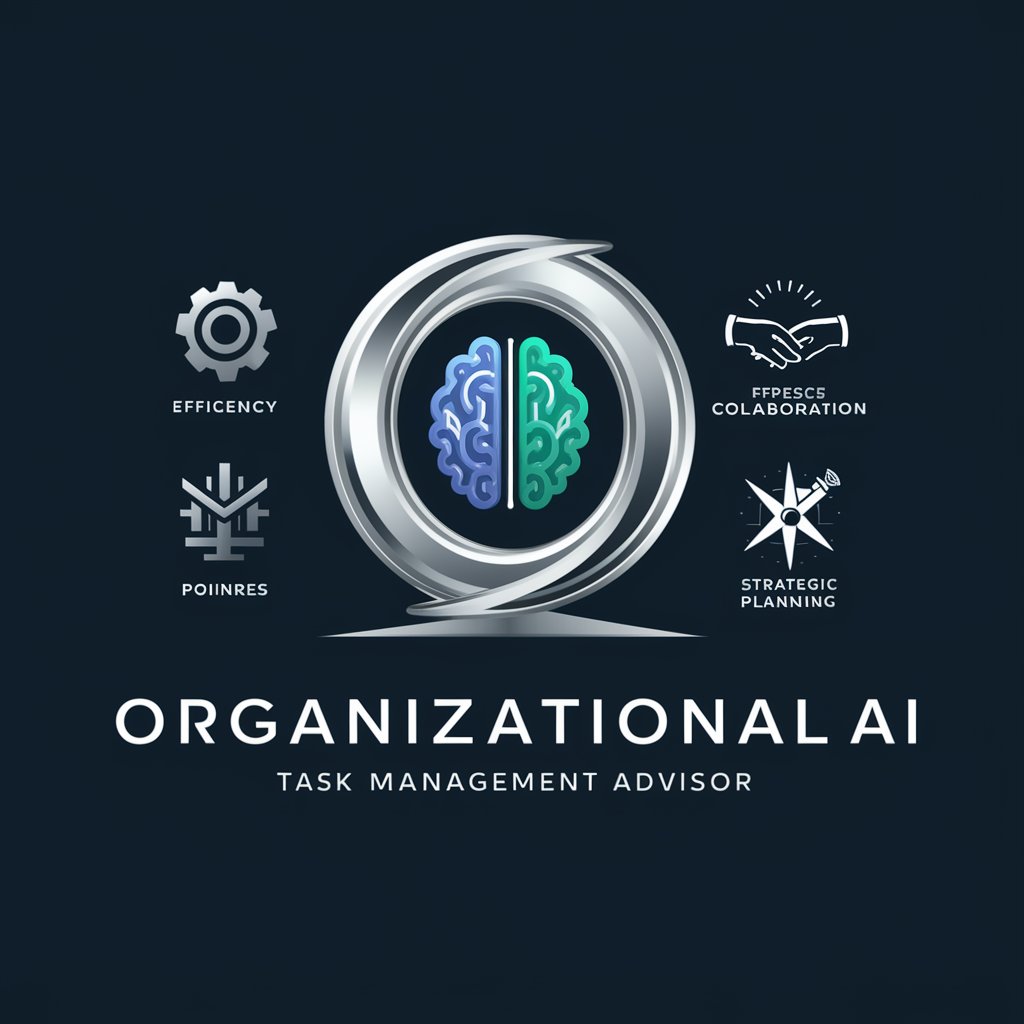
Project Quality Assurance Advisor - Quality Assurance Support
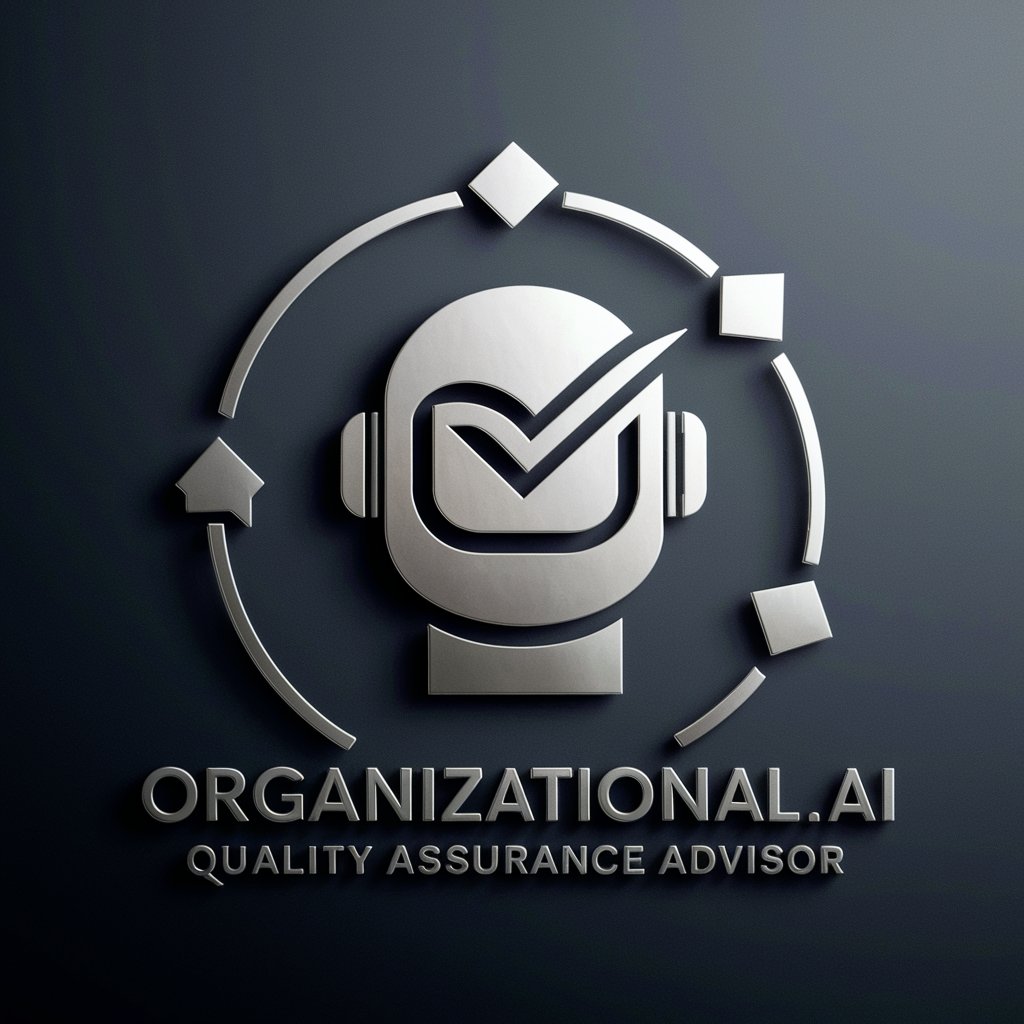
Welcome! How can I assist you with your quality assurance needs today?
Elevate Project Quality with AI
Can you provide insights on how to improve our quality assurance process?
What are the key elements of a successful project management framework?
How do you conduct a quality audit effectively?
What strategies can we implement to ensure consistent project deliverables?
Get Embed Code
Overview of Project Quality Assurance Advisor
A Project Quality Assurance Advisor plays a critical role in ensuring that project deliverables meet the pre-defined standards of quality. This role involves establishing a comprehensive Quality Assurance (QA) framework within project management contexts, focusing on preventing errors and defects in project execution and deliverables. The advisor is tasked with enforcing quality standards across all project stages, from inception through completion, conducting regular audits, and ensuring compliance with these standards. For example, in a software development project, the advisor might oversee the adherence to coding standards, conduct code reviews, and facilitate testing processes to ensure the software meets functional and performance requirements. Powered by ChatGPT-4o。

Core Functions of Project Quality Assurance Advisor
Developing and implementing quality assurance policies and procedures
Example
Creating a comprehensive QA manual that outlines the standards for software development, including coding standards, testing protocols, and release management.
Scenario
In a tech startup, this function ensures that all developed software is robust, scalable, and meets the client's specifications before deployment.
Conducting audits and reviews to ensure compliance
Example
Performing regular code audits and sprint retrospectives to identify non-compliance with established quality standards and practices.
Scenario
In a construction project, this could involve inspecting the materials, workmanship, and safety protocols on-site to ensure they meet regulatory and project-specific quality requirements.
Identifying and resolving issues affecting quality
Example
Using root cause analysis to identify the underlying causes of defects in a product line and implementing corrective actions to prevent recurrence.
Scenario
In manufacturing, when recurring defects are detected in a product, the advisor analyzes production processes to identify flaws and recommends adjustments to machinery or processes to eliminate these defects.
Providing training and support to project team members on quality assurance
Example
Organizing workshops and training sessions on best practices in quality management and the use of QA tools and software.
Scenario
In a healthcare project, this could involve training staff on the proper procedures for patient care and documentation to ensure compliance with healthcare standards and improve patient outcomes.
Monitoring project outcomes and making recommendations for improvements
Example
Evaluating project performance data to identify trends and areas for improvement, then recommending process improvements or quality control measures.
Scenario
In a digital marketing project, analyzing campaign data to identify underperforming areas and recommending changes to improve overall campaign effectiveness and ROI.
Target User Groups for Project Quality Assurance Advisor Services
Project Managers
Project managers across various industries, such as IT, construction, healthcare, and manufacturing, benefit from QA advisory services by ensuring their projects are completed to the highest quality standards, on time, and within budget.
Quality Assurance Professionals
QA professionals seek to enhance their existing quality management processes and methodologies with expert insights, integrating best practices into their projects to improve outcomes and efficiency.
Senior Management
Executives and senior management benefit from strategic advice on implementing and maintaining quality assurance frameworks that align with organizational goals and improve project success rates.
Startups and Small Businesses
Emerging businesses can leverage QA advisory services to establish robust quality processes from the outset, ensuring their products and services meet market demands and regulatory requirements.
Government and Non-Profit Organizations
These entities often undertake large, complex projects with significant public impact. QA advisory services help ensure these projects are executed effectively, meeting quality standards and stakeholder expectations.

How to Use Project Quality Assurance Advisor
1
Start with a free trial by visiting a designated platform, ensuring immediate access without the necessity for a premium subscription.
2
Define your project's scope and specific quality requirements to tailor the advisor's guidance to your needs.
3
Utilize the tool's features to conduct audits, identify quality issues, and receive recommendations for improvement.
4
Apply the provided insights and recommendations to your project management practices to enhance overall quality.
5
Regularly review project outcomes and use the advisor's feedback for continuous quality improvement.
Try other advanced and practical GPTs
Project Operational Execution Advisor
Streamlining Project Execution with AI
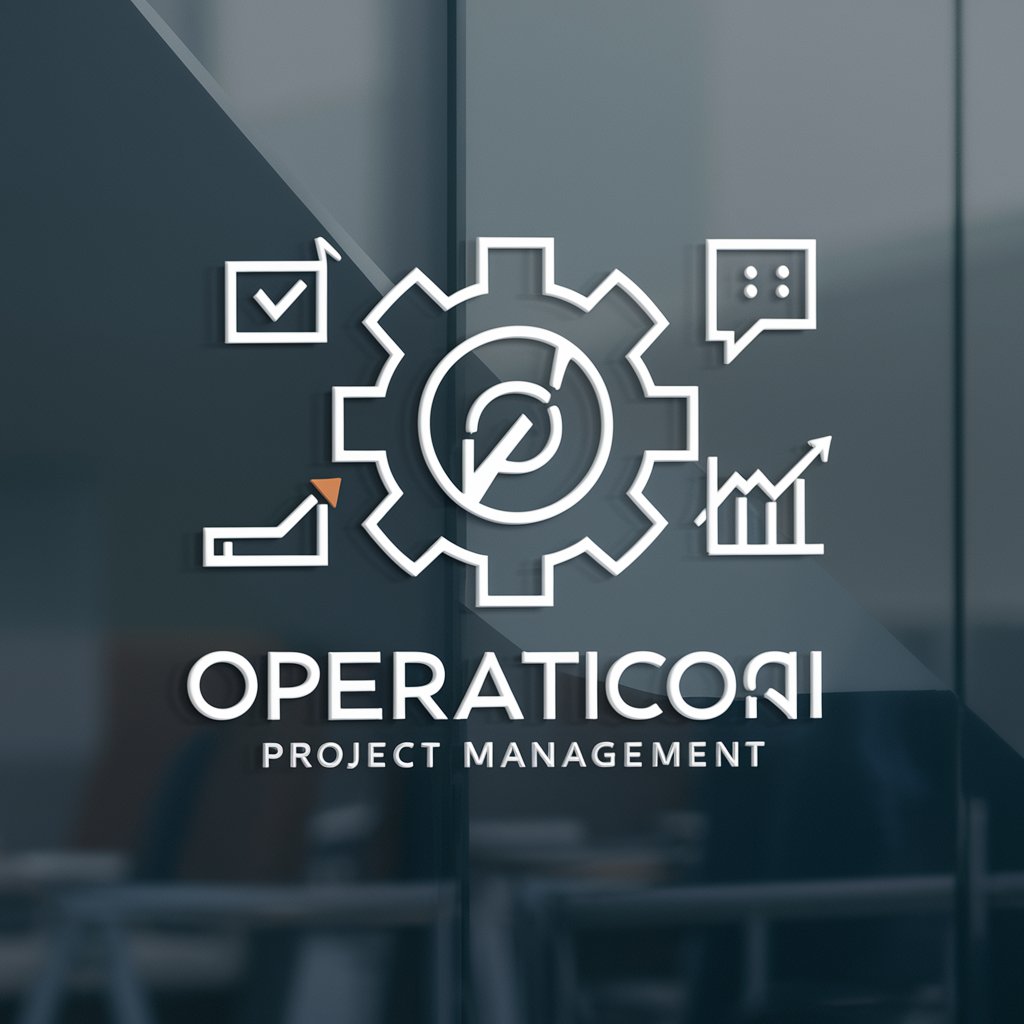
Performance Measurement Advisor
Optimizing Finance with AI-Powered Analysis
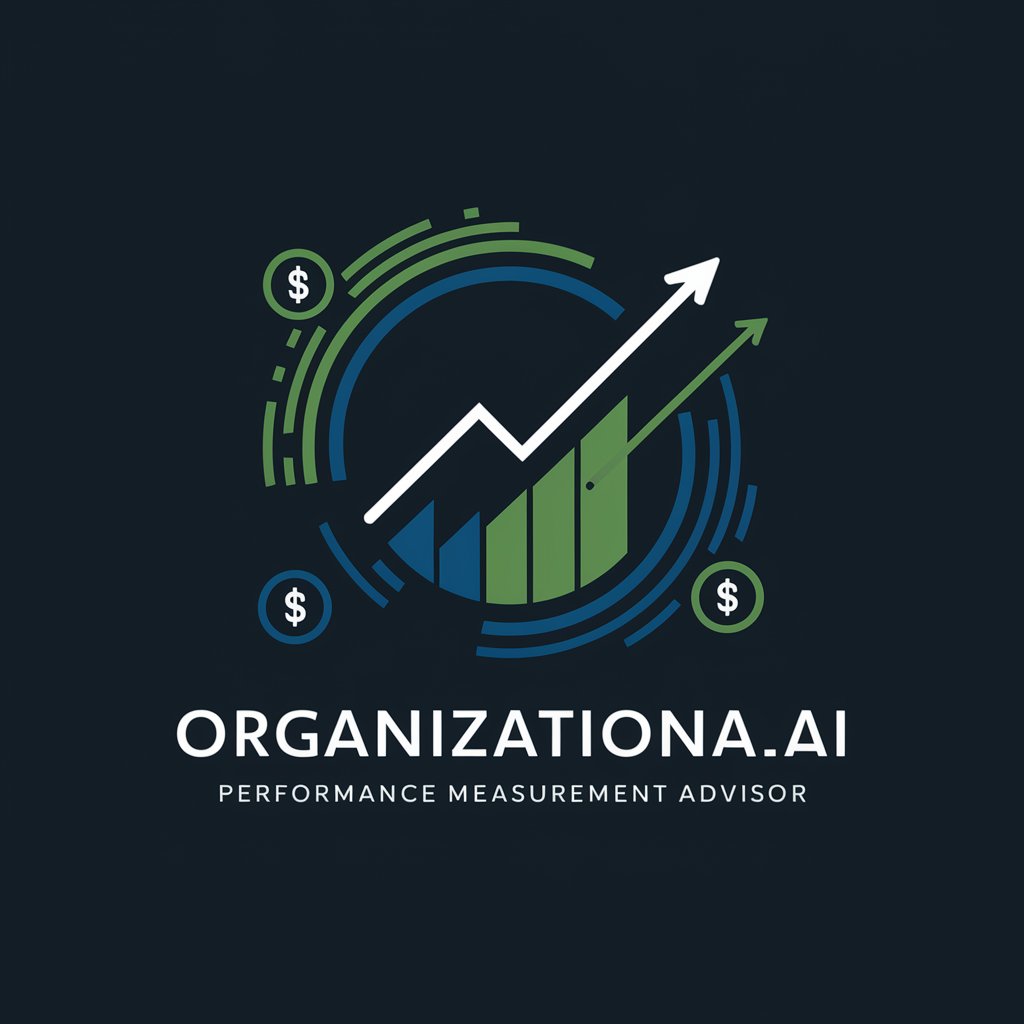
Market Risk Advisor
Mitigate Risk with AI-Powered Insights
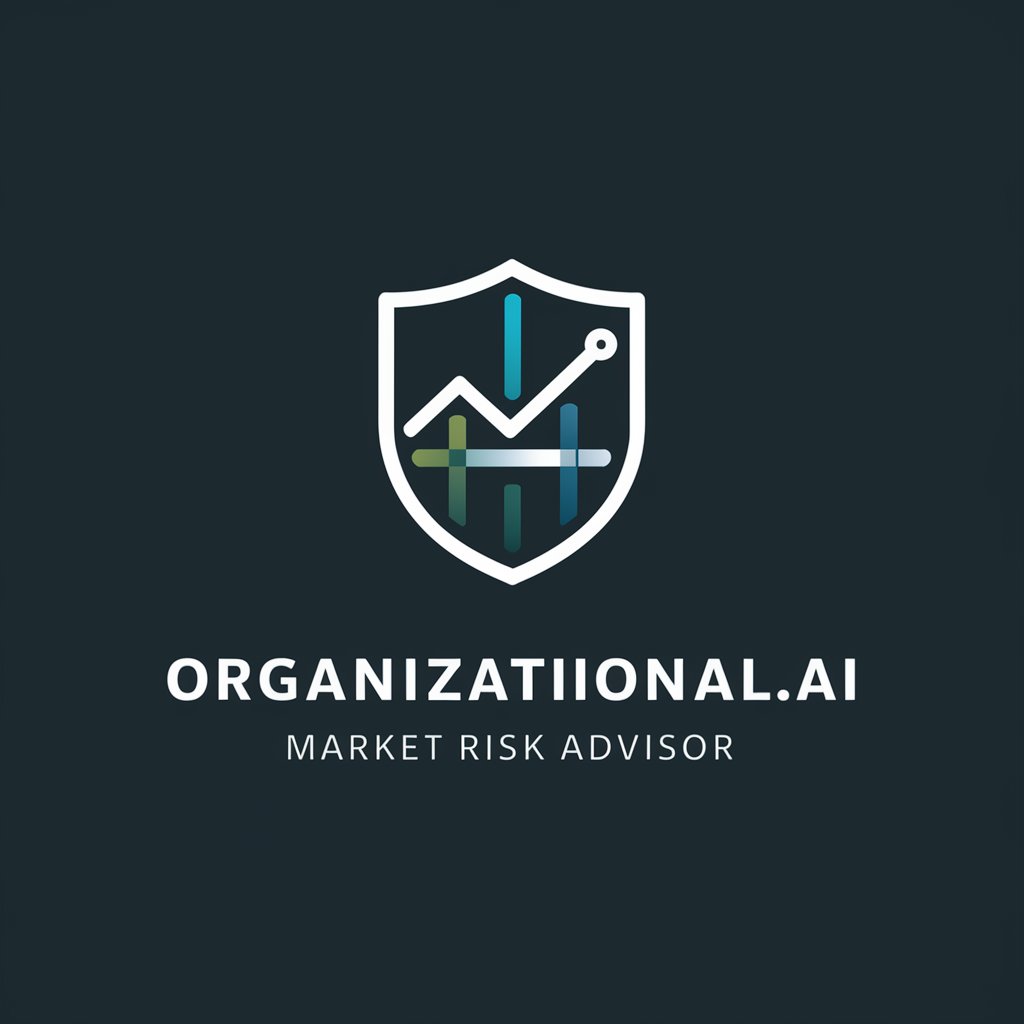
Variance Analysis Advisor
Empower decisions with AI-driven financial analysis.
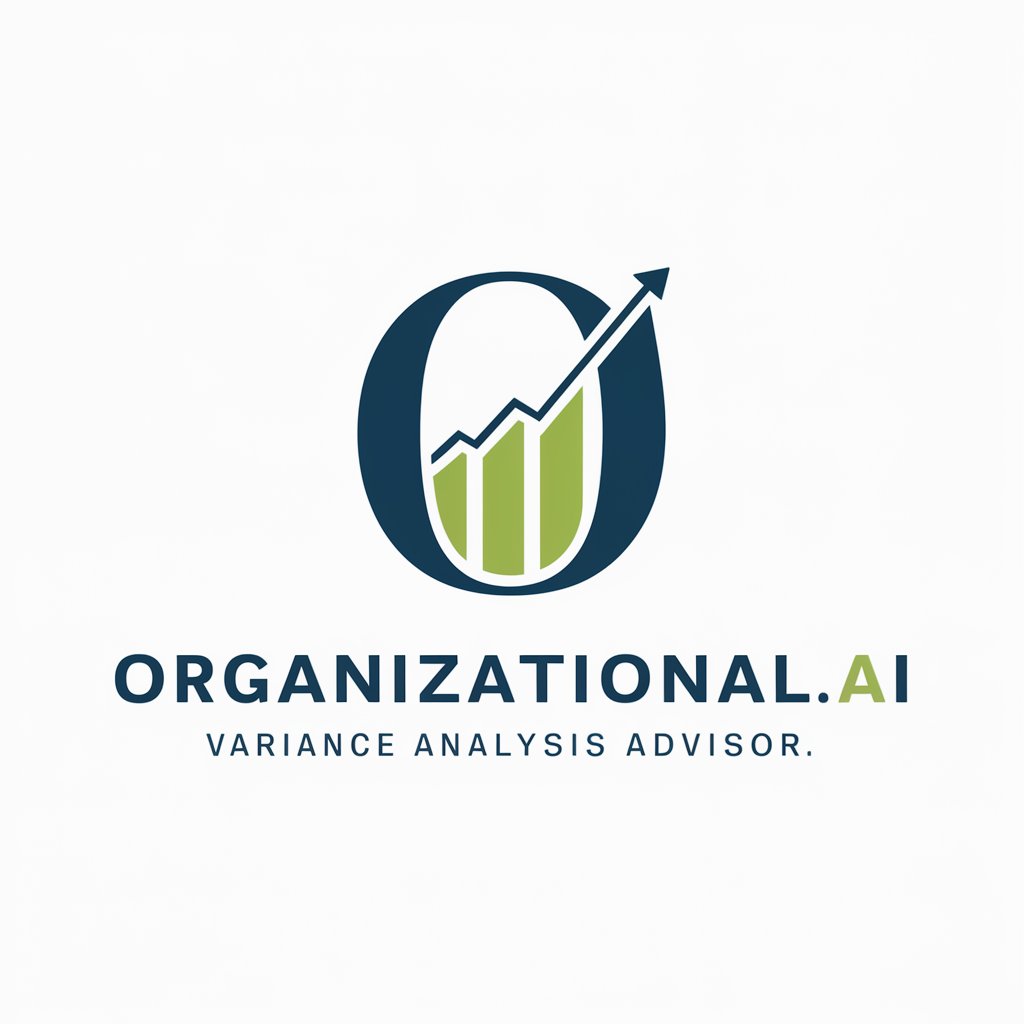
Product Testing Advisor
Ensuring Quality with AI-Powered Testing
Meeting Coordination Advisor
Streamlining Meetings with AI
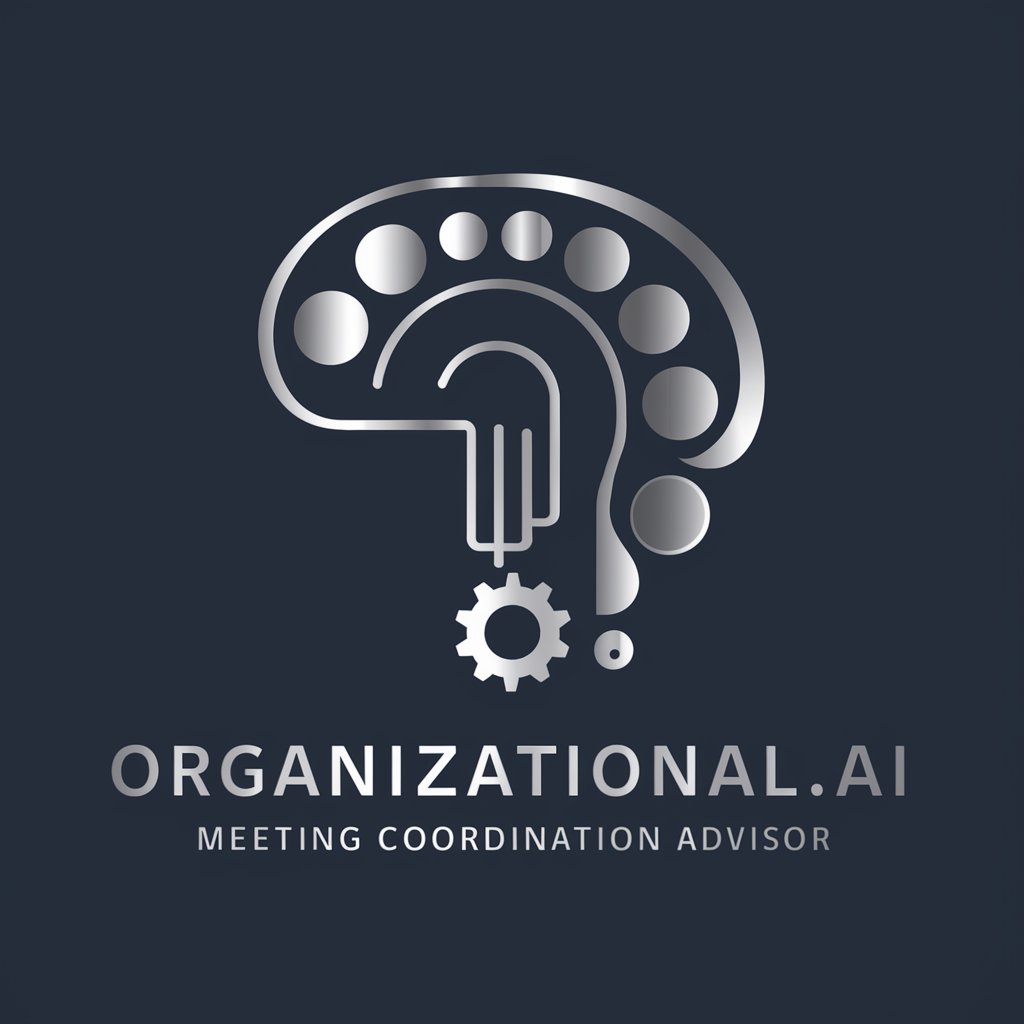
Brand Strategy Advisor
Strategize, Elevate, Succeed with AI
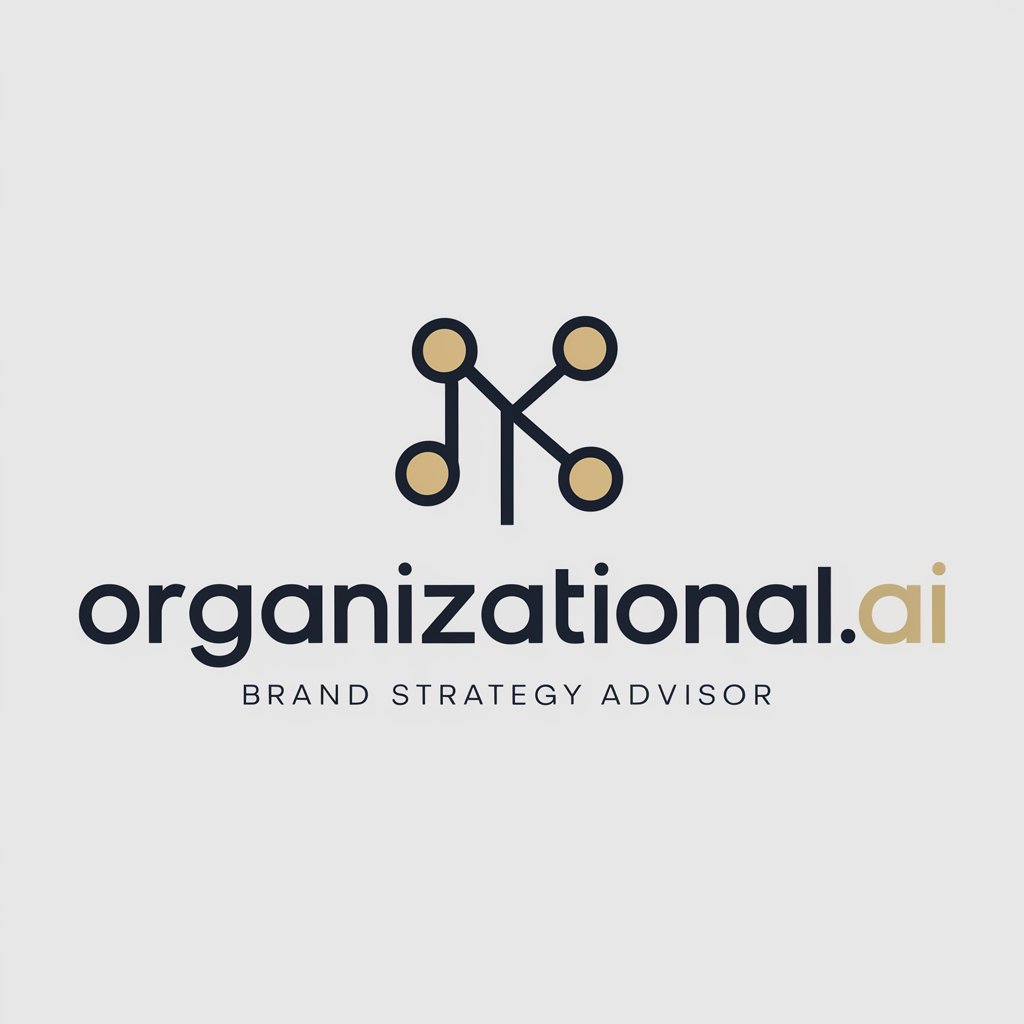
Media Strategy Advisor
Empowering Brands with AI-driven Media Strategies
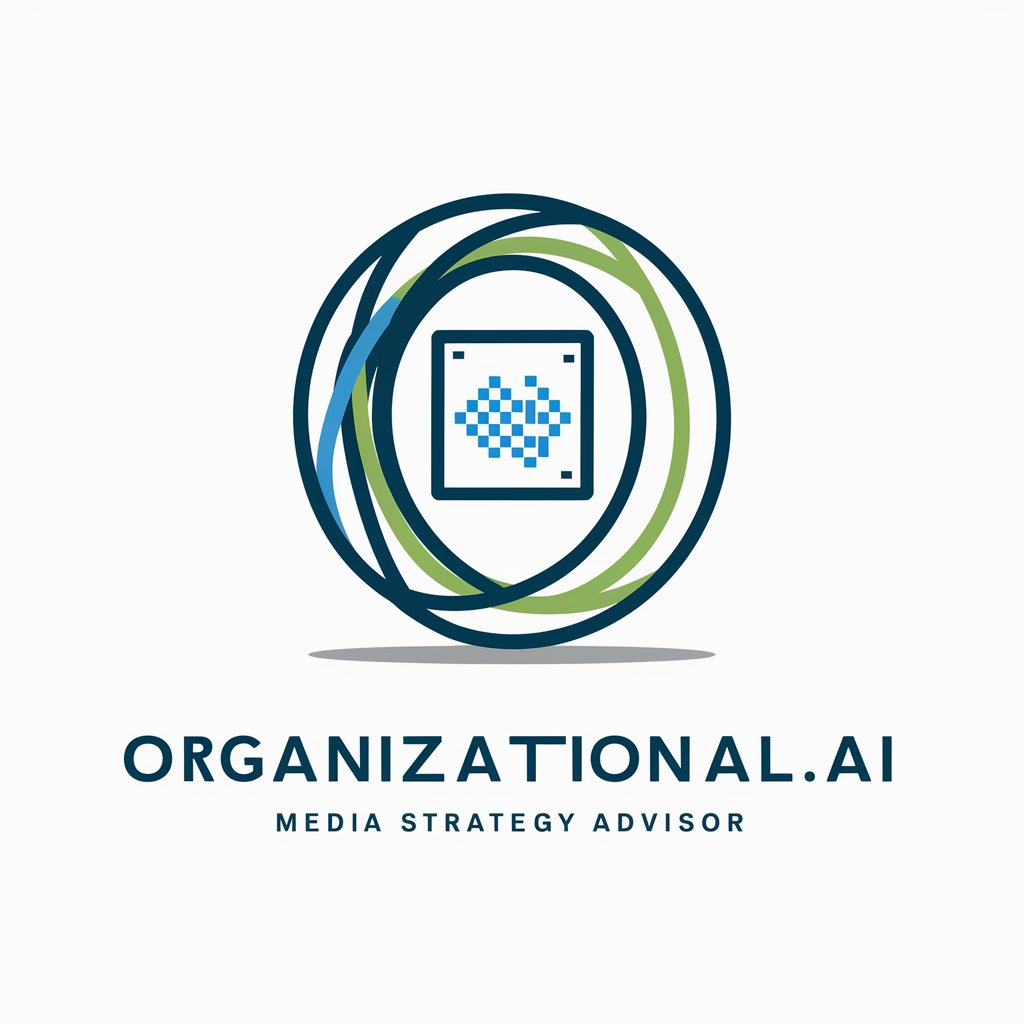
Credit Risk Advisor
Empower Credit Decisions with AI
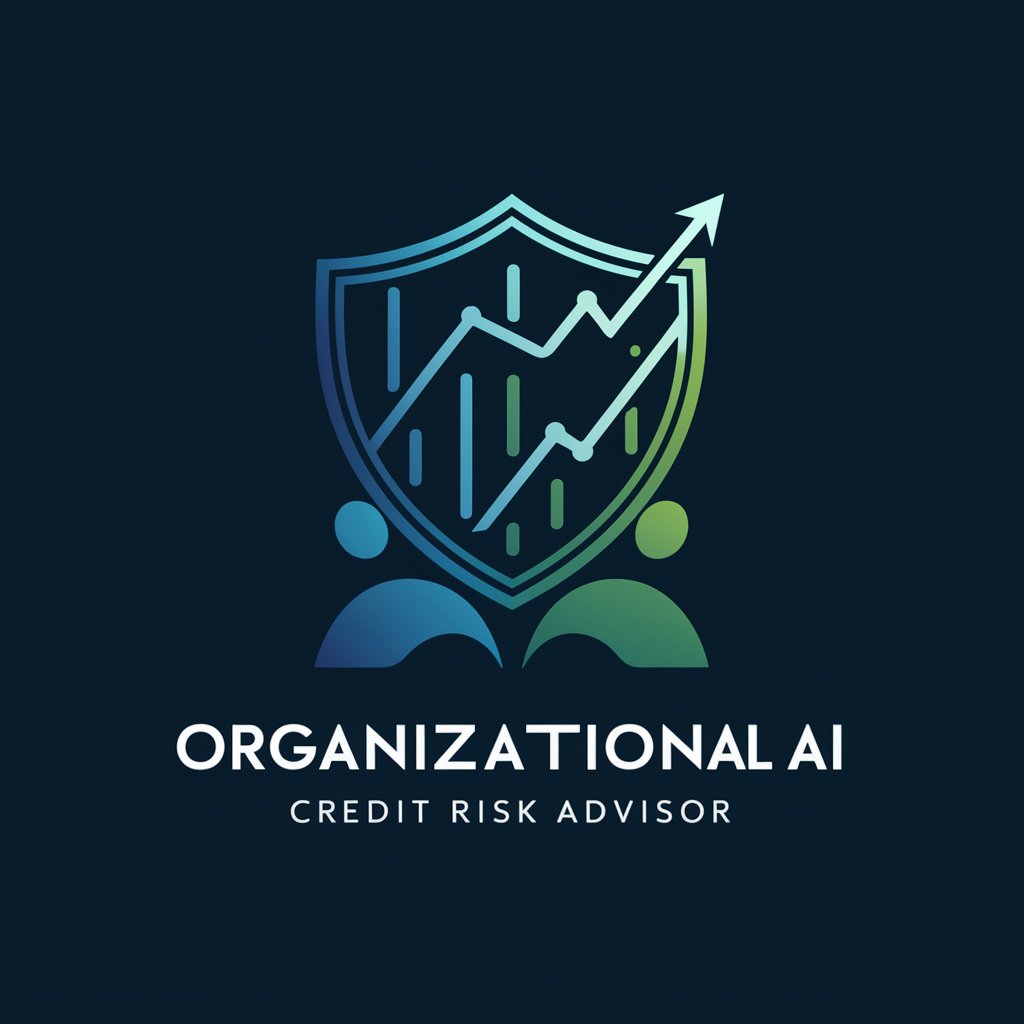
Project Time Management Advisor
Streamline Projects with AI
Project Controlling Advisor
Optimize your project's financial health with AI
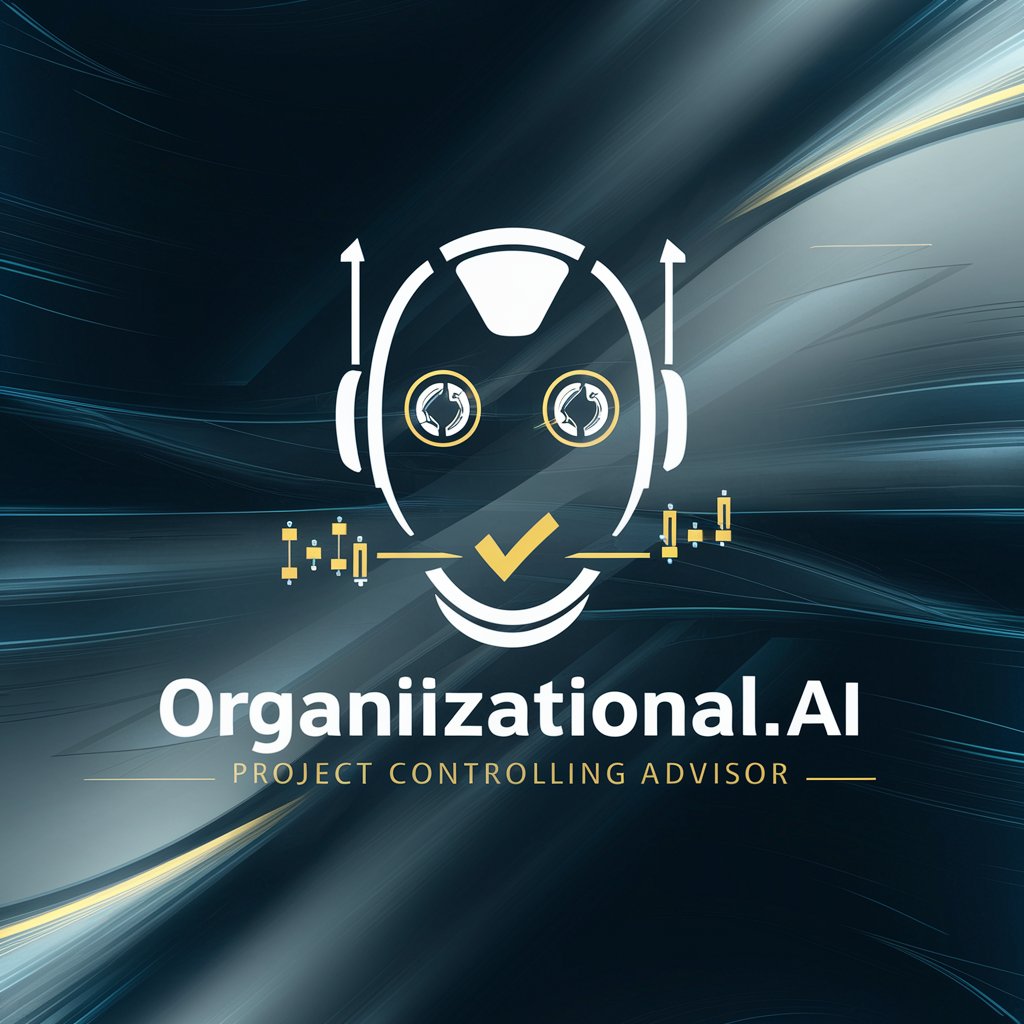
Enterprise Risk Advisor
Navigating Risks with AI-Powered Precision
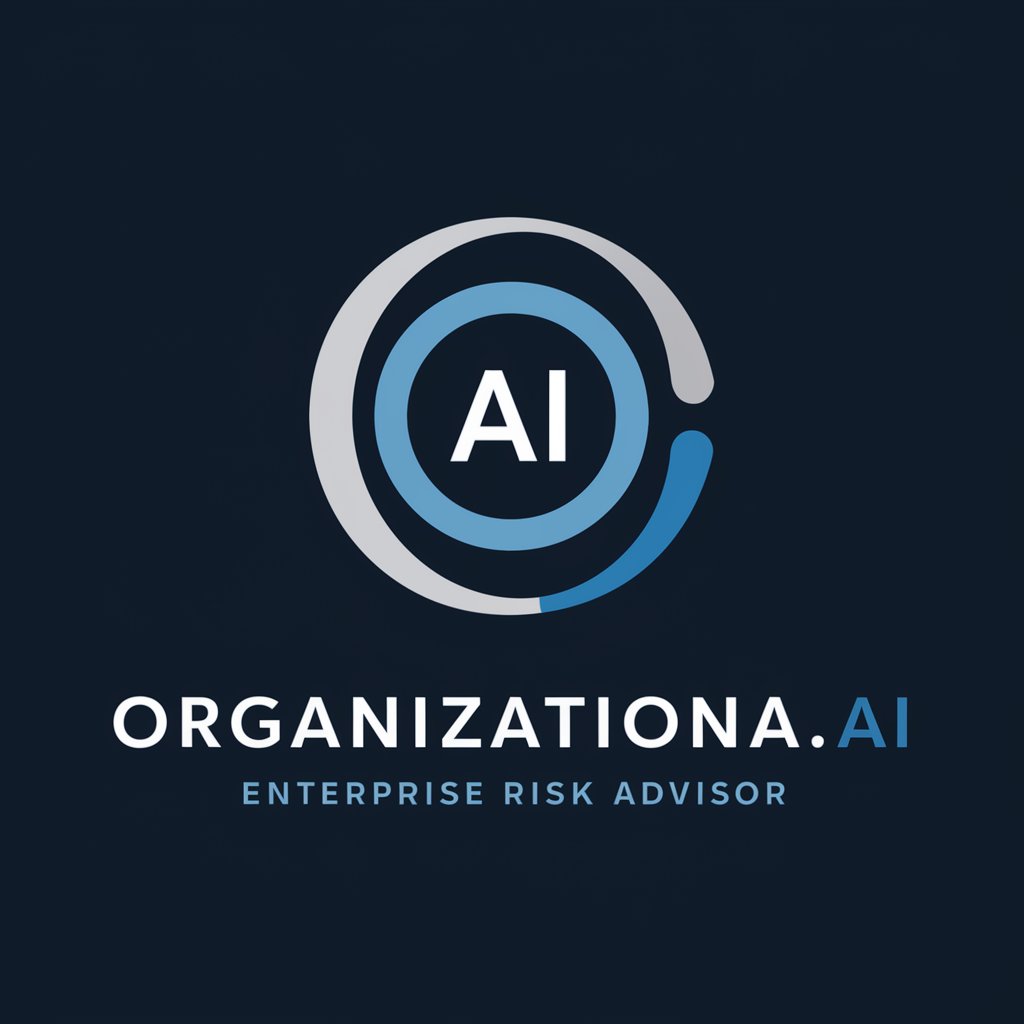
Frequently Asked Questions About Project Quality Assurance Advisor
What is Project Quality Assurance Advisor?
It's a tool designed to help project teams ensure their deliverables meet the required quality standards by providing guidance, audits, and recommendations.
How can it improve my project's quality?
By identifying potential quality issues early, recommending corrective actions, and providing best practices for quality assurance.
What kind of projects is it suitable for?
It's versatile and can be used across a wide range of industries and project types, including IT, construction, and manufacturing.
Do I need special training to use it?
While no special training is required, familiarity with basic project management and quality assurance principles is beneficial.
Can it integrate with other project management tools?
Yes, it's designed to complement existing project management tools, enhancing your quality assurance efforts without replacing your current systems.
